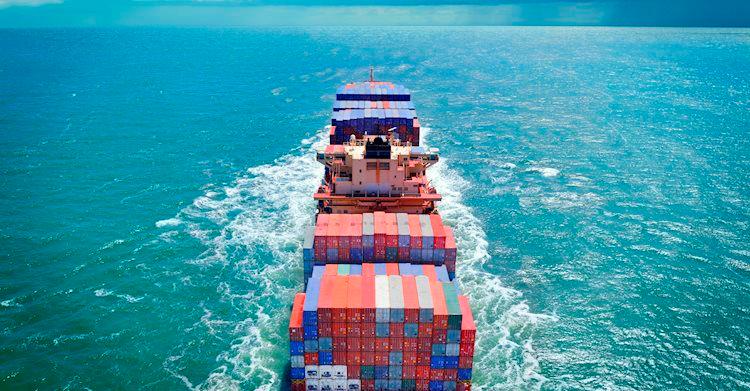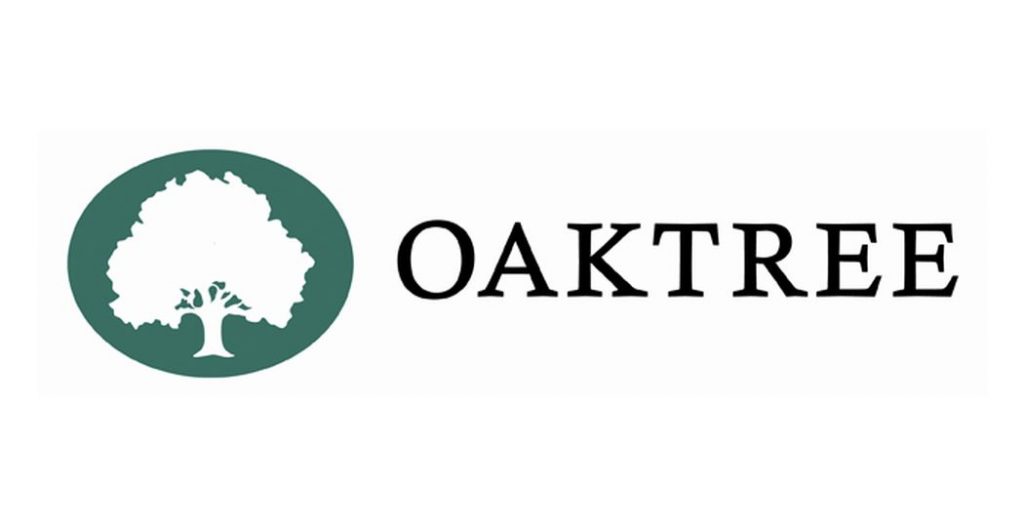Carbon border adjustment mechanism: A green trojan horse sparking trade wars in the Middle East?

The EU's Carbon Border Adjustment Mechanism (CBAM) expected to trigger trade conflicts in the Middle East and elsewhere. Will green energy ambitions fuel a global trade war?
The European Union's Carbon Border Adjustment Mechanism (CBAM) is considered a key pillar of the European Green Deal; a bold initiative aimed at combatting climate change and reducing dramatically carbon emissions in line with 2023 COP28. However, behind the facade of environmental responsibility lies a potential Pandora's Box of trade wars and economic tension, especially for the Middle East and North Africa (MENA) region and other heavier emitter fragile economies such as Turkey.
CBAM's primary goal is to prevent carbon leakage by imposing tariffs on imports produced with higher carbon emissions than EU goods. While this provision was expected and seem to focus on climate mitigation, this mechanism is razing criticism worldwide, with critics denouncing it as a protectionist measure aimed at safeguarding European industries and retaliating against countries with less stringent environmental regulations.
The repercussions for MENA and its neighboring countries are particularly concerning. According to the World Bank data, Egypt and Turkey are in the list of the 10 top countries to be affected the most. Other MENA countries, particularly those with carbon intensive industries, and low commitment to decarbonization will also experience a competitiveness decline. The GCC countries, will be less affected as their carbon intensive deliveries are mostly Asia bound, and the low emission products will not be affected much by the new laws.
Egypt and Turkey, heavily reliant on carbon-intensive industries such as cements, fertilizers, are expected to suffer the most severe blow to their competitiveness in the lucrative EU market. As the tariffs start to take effect, these countries exports could become prohibitively expensive, leading to lost market share, economic hardship, and potential social unrest.
The looming threat of trade wars is further amplified by the United States' 2022 Biden Inflation Reduction Act. The largest climate investment package ever approved, worth $ 364 billion subsidies for domestic low-carbon technology including electric batteries, renewable energy and other clean tech initiatives. This move has been perceived as a direct challenge to the EU's green leadership, further escalating international trade tensions.
However, amid this turbulent protective global push for green investment and protectionism, a spark of opportunity emerges for MENA's oil and gas producers which are now pursing green energy leadership. The UAE and Saudi Arabia, with their ambitious investments in green and blue hydrogen, will benefit hugely from CBAM's preference for low-carbon imports given their oil and gas lower carbon intensity. This could facilitate the move of GCC energy producers towards the region's transition towards a clean tech energy future and potentially help these countries become global leaders in green hydrogen production and export.
Yet, the transition to a cleaner energy market won't be painless. Oil-producing nations in the region will face a complex balancing act, navigating the shifting demands of a carbon-conscious world while safeguarding their economic interests. As CBAM's scope expands to include oil and gas by 2036, low-emission crudes from the Gulf Cooperation Council (GCC) could gain an additional edge in the EU market. CBAM is expected to increase the Saudi cost per barrel produced by 1 dollar per barrel only. However, this advantage could come at the cost of increased competition and potential market disruptions.
The road ahead is packed with uncertainty. Will CBAM succeed in driving global decarbonization, or will it trigger a cascade of trade wars and green economic retaliation? Will MENA oil and gas producing countries take advantage of the green energy opportunity, or will they become casualties of the EU's protectionist agenda? Only time will tell.
What is clear, however, is that CBAM is a game-changer, and it is very likey to reshape global trade forcing nations to confront the urgent challenges of climate change mitigation and adaptation. As the world adjust to this clean tech influence policies, the stakes have never been higher.
Entrepreneurshipin Marketing SaaS Businesses and in 1 more group
Articles from Andrea Zanon
View blog
Are the growing American investment in Italian football a blessing or a curse? This article explores ...

Global trade faces a double risk: drought in Panama and conflict near the Suez Canal are causing shi ...

Warren Buffett shares insights on the future of Berkshire Hathaway, · the potential dangers of AI, · ...
You may be interested in these jobs
-

Chief Administrative Officer
2 days ago
Community Health System Flowood, United StatesJob Description · Merit Health Woman's Hospital is one of the only hospitals in Mississippi built exclusively for the care and treatment of women. Merit Health Woman's Hospital offers obstetrics, gynecology, breast health and surgical care provided by skilled physicians, surgeons ...
-
Talent Acquisition Associate
3 weeks ago
Beth Israel Lahey Health Boston, United StatesWhen you join the growing BILH team, you're not just taking a job, you're making a difference in people's lives. · Job Type: · Regular · Scheduled Hours: · 40 · Work Shift: · Day (United States of America) · Provides cross functional administrative support to the Talent Acqui ...
-

Lead Yoga Teacher
3 weeks ago
YogaSix Cranberry Township Cranberry Township, United StatesJob Description · Job DescriptionAbout You: · Do you consider yourself a leader?Are you an experienced yoga teacher looking for a way to get more involved, beyond teaching classes, privates, and workshops? · Do you desire to up your game by being part of a Professional Team? · ...

Comments
Andrea Zanon
3 weeks ago #1
The EU's Carbon Border Adjustment Mechanism (CBAM) expected to trigger trade conflicts in the Middle East and elsewhere. Will green energy ambitions fuel a global trade war?
The European Union's Carbon Border Adjustment Mechanism (CBAM) is considered a key pillar of the European Green Deal; a bold initiative aimed at combatting climate change and reducing dramatically carbon emissions in line with 2023 COP28. However, behind the facade of environmental responsibility lies a potential Pandora's Box of trade wars and economic tension, especially for the Middle East and North Africa (MENA) region and other heavier emitter fragile economies such as Turkey.
CBAM's primary goal is to prevent carbon leakage by imposing tariffs on imports produced with higher carbon emissions than EU goods. While this provision was expected and seem to focus on climate mitigation, this mechanism is razing criticism worldwide, with critics denouncing it as a protectionist measure aimed at safeguarding European industries and retaliating against countries with less stringent environmental regulations.
Egypt and Turkey, heavily reliant on carbon-intensive industries such as cements, fertilizers, are expected to suffer the most severe blow to their competitiveness in the lucrative EU market. As the tariffs start to take effect, these countries exports could become prohibitively expensive, leading to lost market share, economic hardship, and potential social unrest.
The looming threat of trade wars is further amplified by the United States' 2022 Biden Inflation Reduction Act. The largest climate investment package ever approved, worth $ 364 billion subsidies for domestic low-carbon technology including electric batteries, renewable energy and other clean tech initiatives. This move has been perceived as a direct challenge to the EU's green leadership, further escalating international trade tensions.